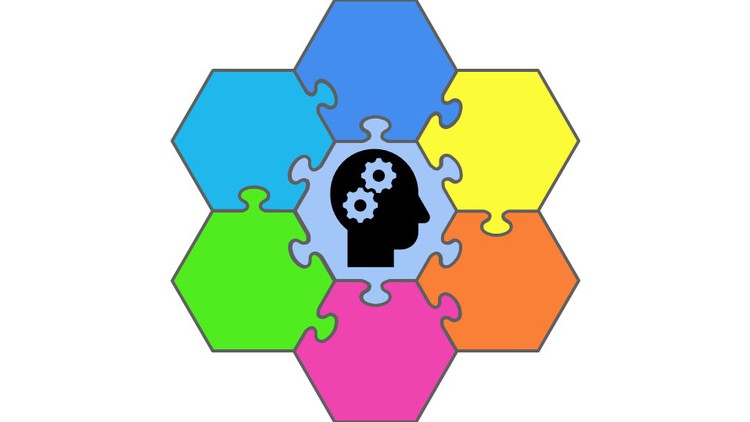
Understanding and supporting young learners with autism
What you will learn
Define autism
Identify behavioural characteristics of young learners with autism
Describe goals and environments that best support young learners with autism
Discuss educational strategies that help young learners with autism effectively
Description
This course is aimed at informing and raising awareness on the characteristics of young learners within the autism spectrum disorder and how they may present unique instructional differentiation in educational settings. Practical and teacher-friendly educational strategies in helping learners within the spectrum achieve optimal success in school will also be covered.
In other words, this course explores the learning needs of young learners with autism. A sharing on several ways to support young learners within the spectrum will be offered. Other aspects of the course include the teaching and learning goals and environment that best support young learners with autism.
The course is suitable for anyone who is interested in understanding and learning more about teaching young children with autism or wants to develop a basic understanding of autism. This course explores the five main behavioural characteristics commonly shown by individuals with autism, namely: social skills differences, communication differences, intellectual functioning skills, sensory issues, and resistance towards change. In sum, understanding how an individual with autism may think, behave and learn. In the second part of the course, two basic educational or teaching strategies will be shared, namely: the use of picture activity schedules and social stories in helping individuals with autism in coping with changes in their daily routines and as well as learning how to cope with social situations or events which they may otherwise find overwhelming.